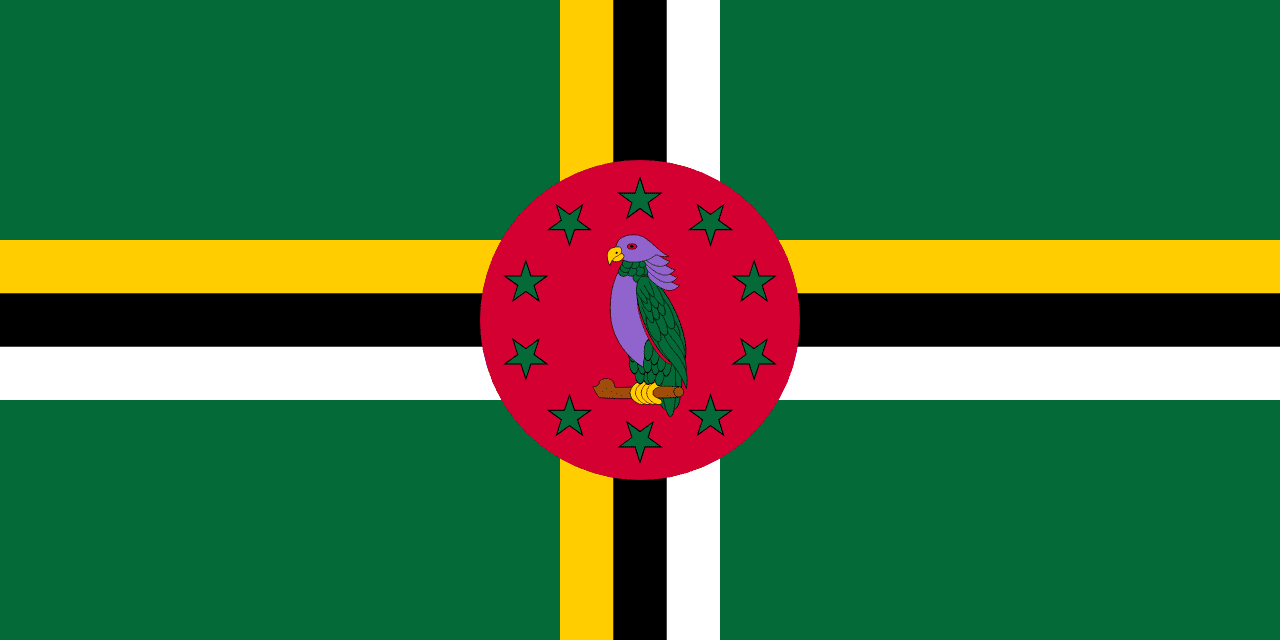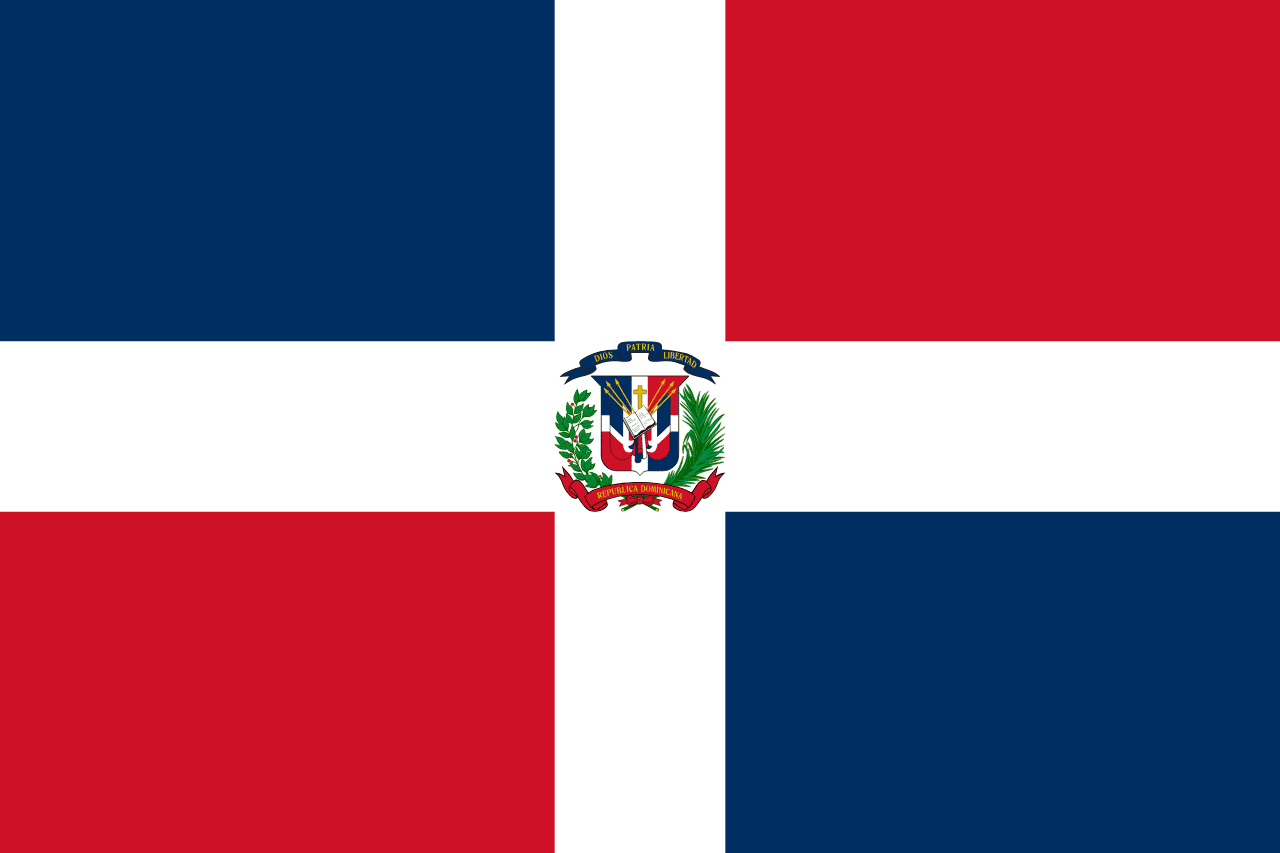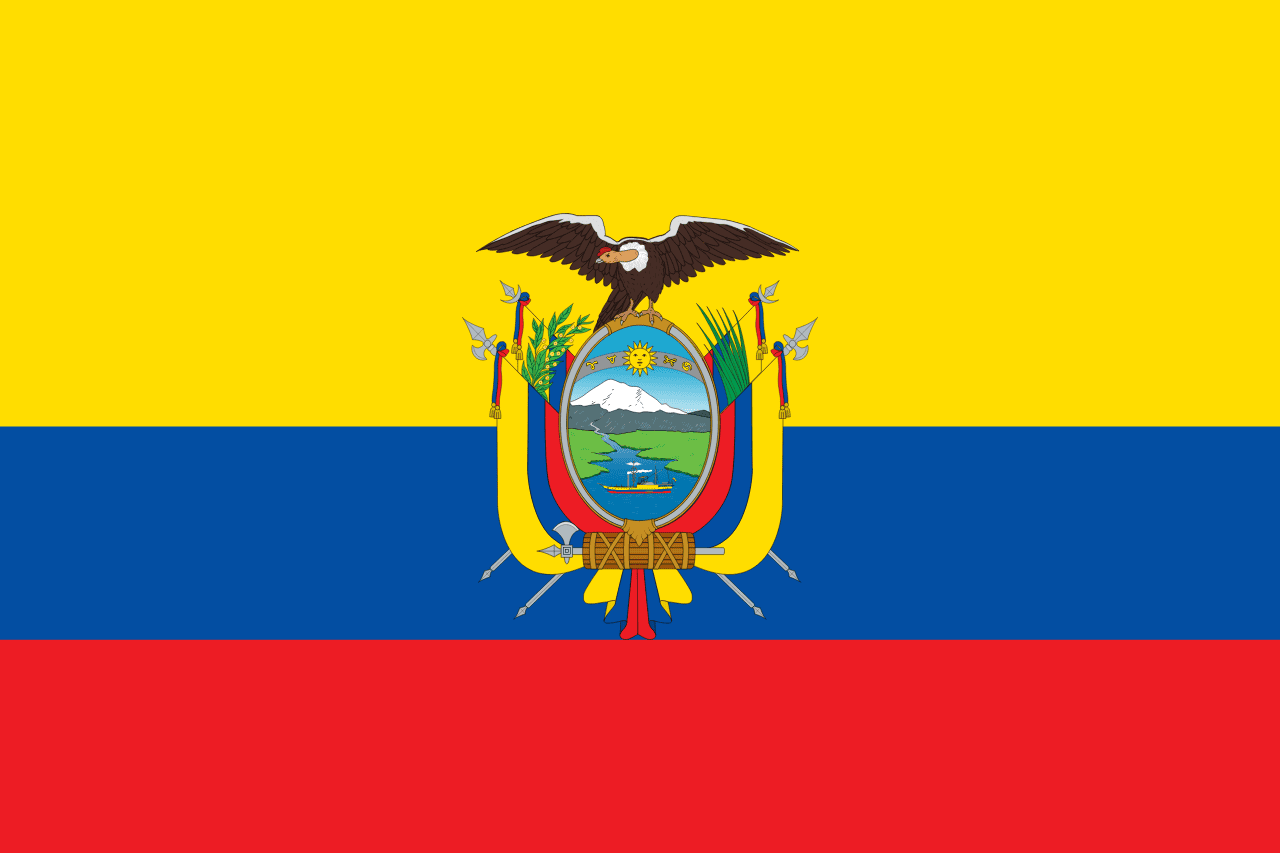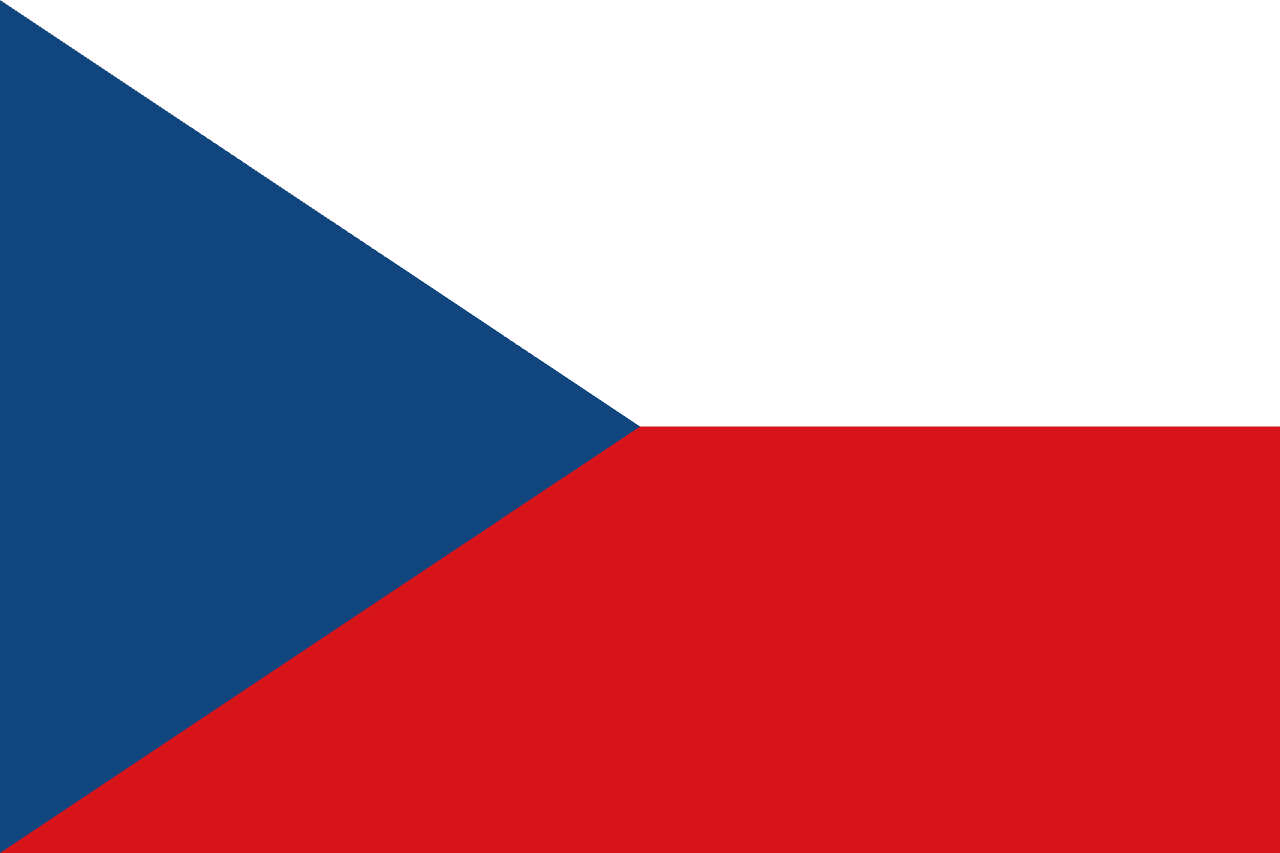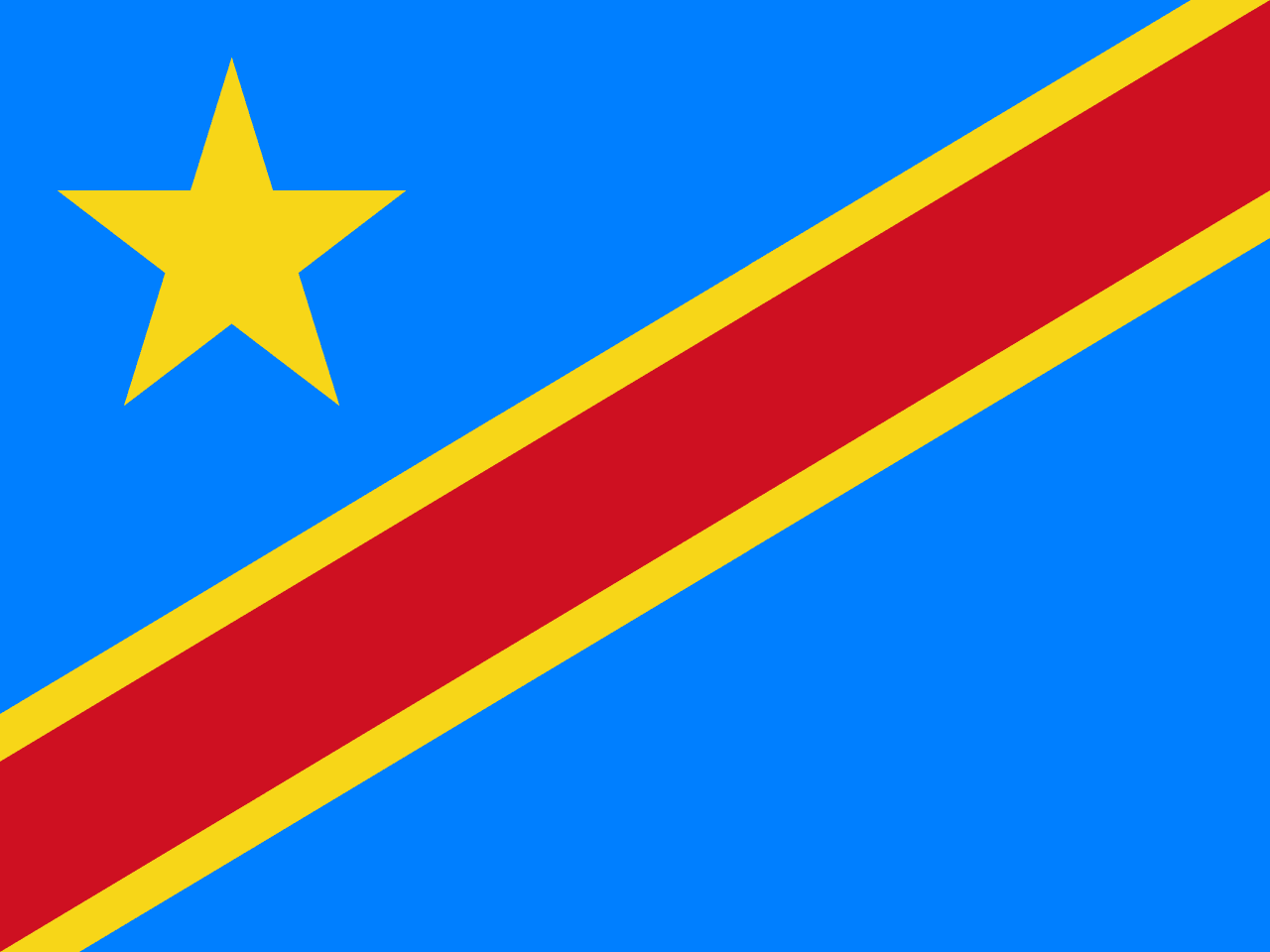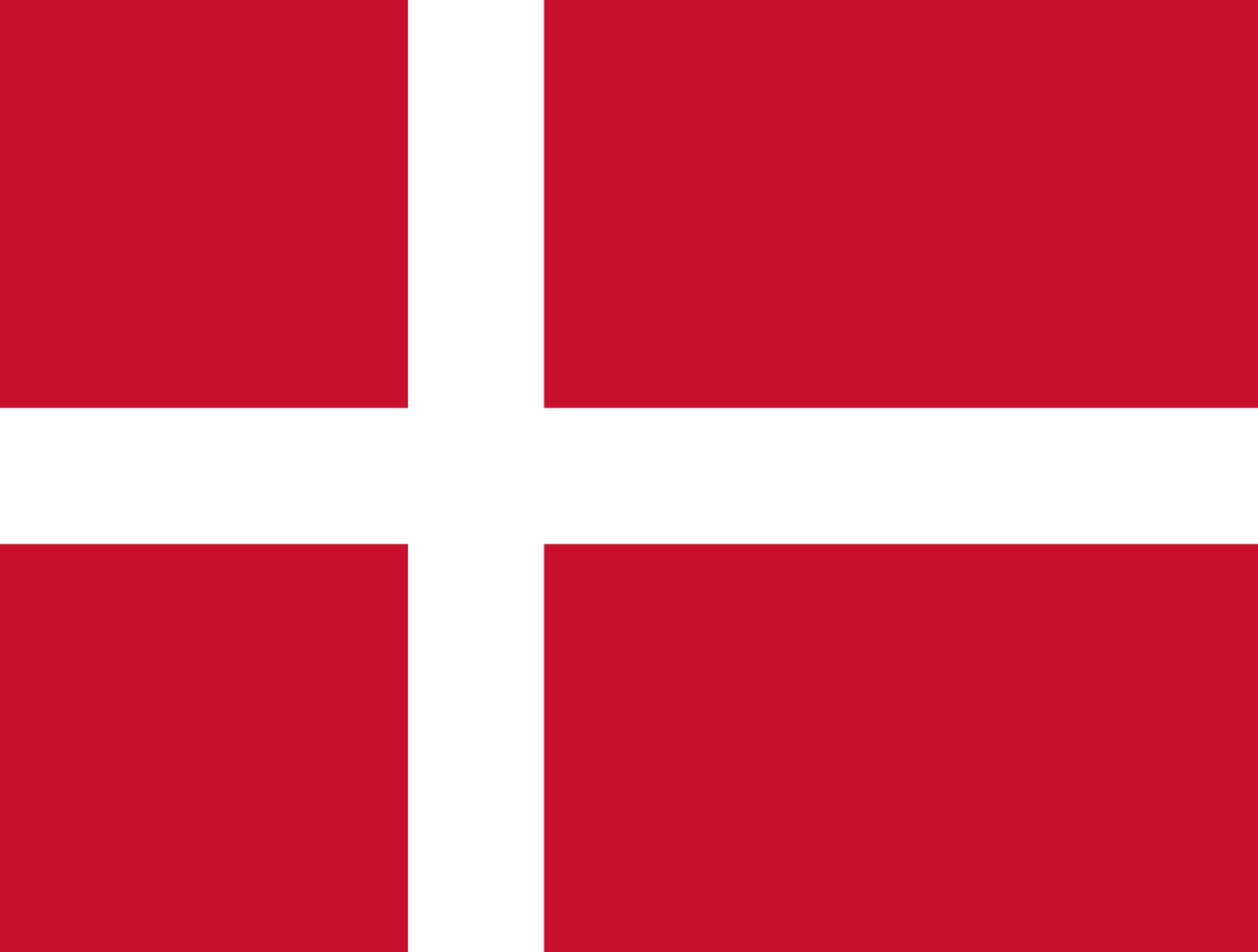The flag of Djibouti features two equal horizontal bands of light blue (top) and light green with a white isosceles triangle based on the hoist side. Within the triangle is a red five-pointed star. This vibrant design encapsulates the nation's geography, cultural diversity, and aspirations for unity and peace.
Djibouti information
| National Flag Day | June 27 |
| Sovereign state | Yes |
| Official name | Republic of Djibouti |
| Capital | Djibouti |
| Population | 988,000 |
| Area | 23,200 km² |
| Currency | Djiboutian franc (DJF) |
| Language | Arabic, French, Somali |
| Continent | Africa |
| Region | East Africa |
| Subregion | Horn of Africa |
| Borders | Eritrea, Ethiopia, Somalia |
| Timezone | East Africa Time (EAT) UTC+3 |
| Calling code | +253 |
| Top-level domain | .dj |
History of the Djiboutian Flag
 The flag was officially adopted on June 27, 1977, coinciding with Djibouti's independence from France. Its design was carefully chosen to represent the newly formed nation's identity and values. The flag's creation was part of a broader effort to establish national symbols that would unite the diverse population of Djibouti as it embarked on its journey as a sovereign state.
The flag was officially adopted on June 27, 1977, coinciding with Djibouti's independence from France. Its design was carefully chosen to represent the newly formed nation's identity and values. The flag's creation was part of a broader effort to establish national symbols that would unite the diverse population of Djibouti as it embarked on its journey as a sovereign state.
Prior to independence, Djibouti, then known as French Somaliland and later as the French Territory of the Afars and the Issas, used different flags associated with its status as a French overseas territory. The adoption of the current flag marked a significant break from colonial rule and the beginning of Djibouti's era as an independent nation.
Symbolism and Design of the Djiboutian Flag
Each element of the Djiboutian flag carries deep symbolic meaning:
- The light blue band represents the sky and the Issa Somali people, one of the two major ethnic groups in Djibouti. It also symbolizes the sea, reflecting Djibouti's coastal location on the Red Sea and the Gulf of Aden.
- The light green band symbolizes the earth and the Afar people, the other major ethnic group. It also represents the land and vegetation of the country.
- The white triangle signifies peace and equality. Its shape is said to represent the country's mountainous regions.
- The red star symbolizes unity and the struggle for independence. The five points of the star are often interpreted to represent the five regions of the country or the five points of the star of unity.
Usage and Significance of the Djiboutian Flag
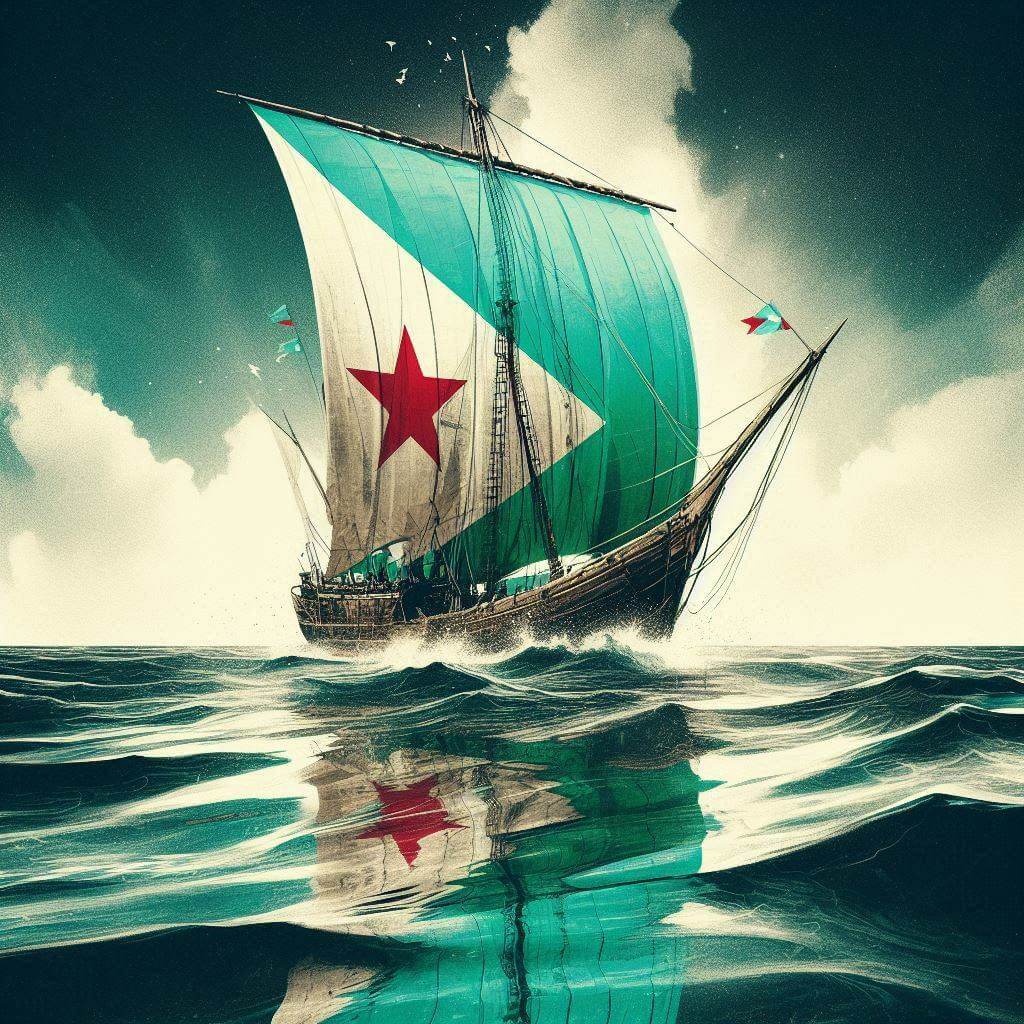 The flag of Djibouti is a powerful symbol of national identity and sovereignty. It is prominently displayed on government buildings, schools, and during national celebrations such as Independence Day on June 27. The flag plays a crucial role in state ceremonies and is often waved enthusiastically by Djiboutian citizens during international events and sports competitions.
The flag of Djibouti is a powerful symbol of national identity and sovereignty. It is prominently displayed on government buildings, schools, and during national celebrations such as Independence Day on June 27. The flag plays a crucial role in state ceremonies and is often waved enthusiastically by Djiboutian citizens during international events and sports competitions.
In everyday life, the flag serves as a reminder of Djibouti's hard-won independence and its commitment to unity among its diverse population. It's not uncommon to see the flag displayed in public spaces and used in various forms of national celebration and cultural expression.
Interesting Facts About the Djiboutian Flag
- Djibouti's flag is one of the few national flags to use light blue and light green, making it highly distinctive on the world stage.
- The flag's design reflects Djibouti's strategic location at the intersection of Africa and the Middle East, symbolizing its role as a bridge between cultures.
- The red star on Djibouti's flag is similar to those found on the flags of other African nations, symbolizing a shared history of struggle against colonialism.
- The flag's colors are sometimes interpreted in relation to Djibouti's landscape: blue for the sea, green for the land, and white for the salt lakes that are a distinctive feature of the country's geography.
- Despite its relatively young age as an independent nation, Djibouti's flag has remained unchanged since its adoption, reflecting the stability of its national symbols.
